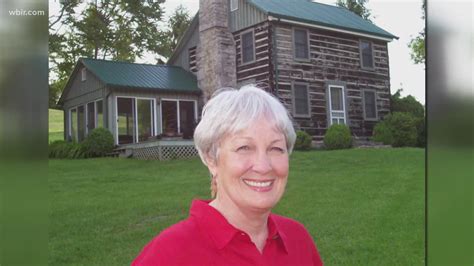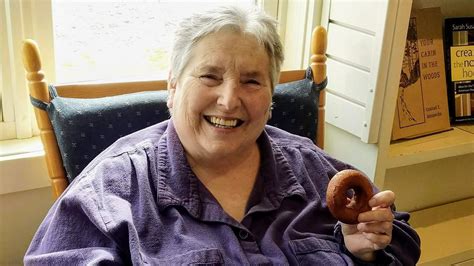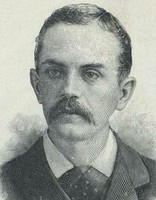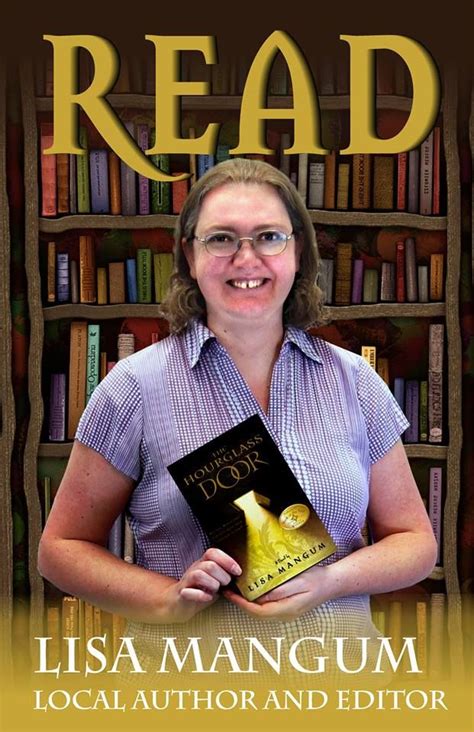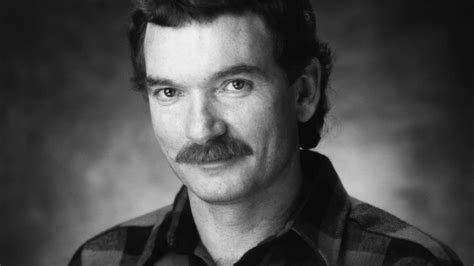A Quote by Lisa Alther
If you kept moving, you never had to mourn what you were leaving behind.
Related Quotes
How did I gain from not remembering my earthly self? It allowed me to go deep into realms beyond the worldly without having to worry about what I was leaving behind. Throughout my entire time in those worlds, I was a soul with nothing to lose. No places to miss, no people to mourn. I had come from nowhere and had no history, so I fully accepted my circumstances-even the initial murk and mess of the Realm of the Earthworm's-Eye View-with equanimity.
Once I've properly finished a book, my ideal state of being would be to never think about it again. But with 'Capital,' I felt I'd spent so much time with the characters that they were very, very real, and I definitely had a sense of loss about leaving them behind in a way I've not quite had before.
It was many years ago that I got out of a crewtruck in the national forest and ran toward a large glowing object hovering in the darkening Arizona sky. But when I made that fateful choice to leavethe truck, I was leaving behind more than just my six fellow workmen. I was leaving behind forever all semblance of a normal life, running headlong toward an experience so overwhelmingly mind-rending in its effects, so devastating in itsaftermath, that my life would never—could never — be the same again.
